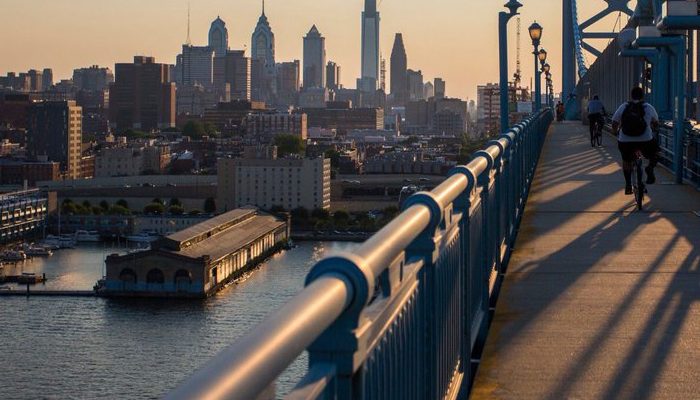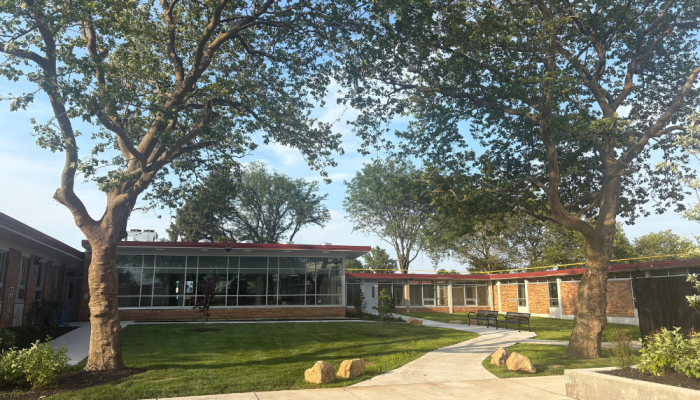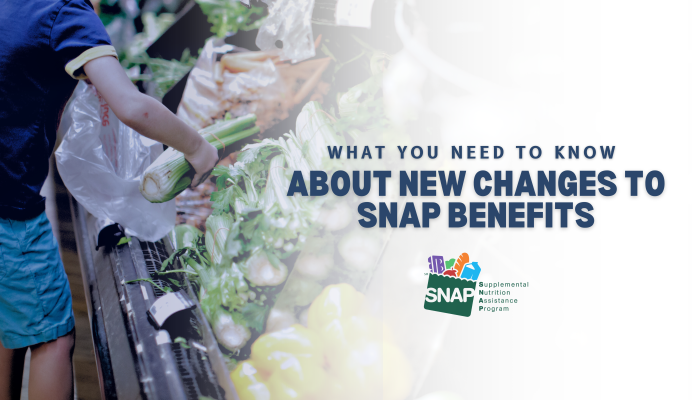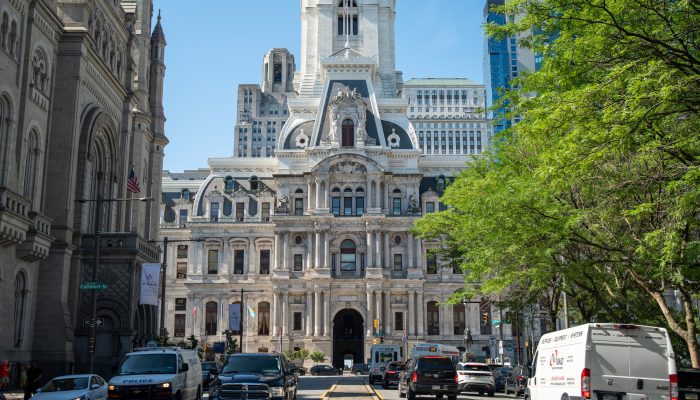On January 5, 2023, Mayor Jim Kenney and City officials announced Philadelphia’s Opioid Settlement Fund spending plan, with Philadelphia slated to receive up to $200 million over the next 18 years. The City will use those funds to support substance use education, treatment, harm reduction, prevention, and targeted engagement for communities affected by the overdose crisis.
In 2021, Philadelphia lost 1,276 people to unintentional overdose, the highest number of deaths on record and a 5% increase from the previous year. Significantly, from 2020 to 2021 opioid-only deaths increased among non-Hispanic Black individuals while simultaneously decreasing among non-Hispanic White individuals. Further, in 2021 overdose deaths among non-Hispanic Black individuals surpassed overdose deaths among non-Hispanic White individuals, and overdose deaths among non-Hispanic Black females increased 29%.
In an effort to both alleviate harms related to the overdose epidemic and increase Philadelphia’s capacity to better respond to and prevent future overdoses, the City outlined a robust spending plan to for the initial first two opioid settlement payments, including but not limited to:
Community-driven supports in Kensington
In 2021, the Kensington area had the city’s highest rate of unintentional overdose deaths and some of the highest rates of gun violence. In an effort to support quality of life in this area, the City looks forward to supporting the Kensington Health & Wellness Corridors Master Planning efforts, led by NKCDC and Impact Services. This comprehensive plan responds to community trauma by providing necessary resources and promoting youth development and public safety. Investments in the Kensington area will also target community improvement efforts and impacted school improvements.
Increased Mobile Support
Mobile support has become a critical tool in providing care to people that may be unable or unwilling to access traditional brick and mortar locations. In order to increase this additional support mechanism, the City will support expansion of mobile wound care services as well as mobile methadone services.
Expanding Outreach and Engagement
The Opioid Response Unit will pilot targeted outreach and engagement for communities at high risk of substance misuse and overdose with the hope of connecting residents with harm reduction resources and services. The City will expand targeted outreach for juvenile justice-involved young people, faith-based communities, Black maternal/family engagement and pregnant/parenting persons.
Additional Housing Opportunities
Stable housing is critical for individuals in substance use treatment and/or recovery. The City will work to increase housing availability and supportive services through Housing First and Supportive Housing programs. Housing First is a model that provides low-barrier permanent housing solutions for individuals experiencing homelessness. Permanent Supportive Housing combines cost-effective measures with services to support treatment and recovery.
Community Fund
The City of Philadelphia and Scattergood Foundation are now accepting grant applications from community-based organizations working with communities impacted by the overdose crisis. Capacity-building grants for $20,000 and program grants for $100,000 are available. Applications are due February 3. The fund is accepting applications from organizations working citywide, but those based in and engaging residents in zip codes most impacted by the overdose crisis are prioritized. These zip codes are 19124, 19132, 19133, 19134, and 19140. The application form, eligibility details, and links to information sessions are available on the Scattergood Foundation’s website: https://www.scattergoodfoundation.org/support/participatory-funds/overdose-prevention-and-community-healing-fund/




